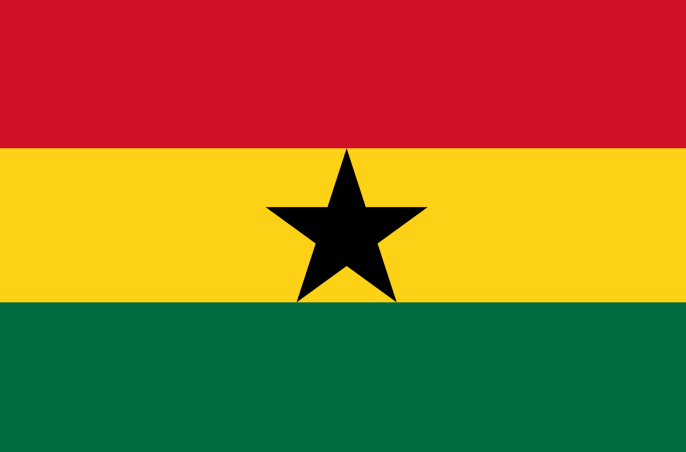Ghana: Mobile Money Bridges Ghana Financial Sector Divide

The growth of mobile money services is transforming the lives of millions of Ghanaians previously excluded from the West African country's financial sector.
The service, which is a fast, simple, convenient, secure and affordable way of transferring money, making payments and doing other transactions using a mobile phone, has grown significantly since advent four years ago, almost doubling to 7,17 million clients presently.
Previously, it was almost impossible for non-bank account holders to receive money.
There are four mobile money service providers -MTN Mobile Money, Tigo Cash, Airtel Money and lately, Vodafone Cash.
Head of Banking Services and Payment Systems Oversight at the Bank of Ghana, Elly Ohene-Adu, said the mobile money service had helped to boost the number of financial account holders in the country to 35 percent up from 29 percent in 2011.
Furthermore, active usage by subscribers increased from 23 percent in 2013 to 35 percent in 2014.
According to Global Findex 2015 report, 13 percent of Ghanaians, of a total population of 25,9 million, now use a mobile money account, compared to 12 percent in Sub-Saharan Africa.
In an effort to bring mobile money services to the doorsteps of subscribers, the four mobile operators have partnered a number of local banks, including Access Bank, Agricultural Development Bank, Cal Bank, Ecobank, Fidelity, GT Bank, Universal Merchant Bank, Stanbic, United Bank of Africa and Zenith.
The services are available across all Metropolitan, Municipal and District Assemblies (MMDAs) and key villages and towns in the country.
They also available in all the over 100 telecom network service centres and over 20 500 mobile money merchants doted across Ghana.
To add up, the mobile money services enable customers with the help of partners like Lyca, WorldRemit and Xpress Money and several others to receive money from abroad instantly on their phones.
In addition, Ghanaians abroad are able to send money to their relatives and friends via the service.
Mobile money users can pay their satellite television and electricity bills, school fees, purchase airline tickets, as well as pay for goods purchased at Melcom Plus, Max Mart and other online shops, among others in the country.
Thousands of unemployed Ghanaians are now in work thanks to this technological advancement.
Tigo alone provides employment for over 7 000 Ghanaians.
An owner of Seth Ventures, a Tigo Cash agent, Seth Gideon Attisogubi, who employs eight others who are bread winners in their respective families.
Because of demand for mobile money, he plans to expand to rural areas.
"When I started this job, my friends advised me to rather look for a white-collar job, they didn't think I would be able to make enough money to make ends meet.
"I persisted and continued to develop a relationship with my customers and now it is paying off," said Attisogubi, a university graduate.
Stella Amoah, a caretaker of Airtel Money, also reported brisk business.
"Besides, the monthly salary, I also love this job. I am able to pay my university fees," said Amoah.
An agent of MTN Mobile Money at North Kaneshie, a suburb of Accra, added that the business has enhanced her livelihood greatly.
"Because of this work I am able to take care of my two sisters in primary and junior high schools," he said.
There has been concern however the growth of mobile money services threatened banks and the microfinance firms.
However, the Senior Commercial Manager of Sales and Distribution at MTN Ghana, Eli Hini, disagreed.
"The growth of Mobile Money rather complements the business of microfinance/banks because it provides tools/solutions to enhance their offerings/services.
"Customers are now able to receive their loan disbursements into their Mobile Money wallets wherever they are and are able to make loan repayments without visiting the branch," said Hini.
SOURCE:CAJNEWS
 Africas leading resource for digital financial services
Africas leading resource for digital financial services


comments